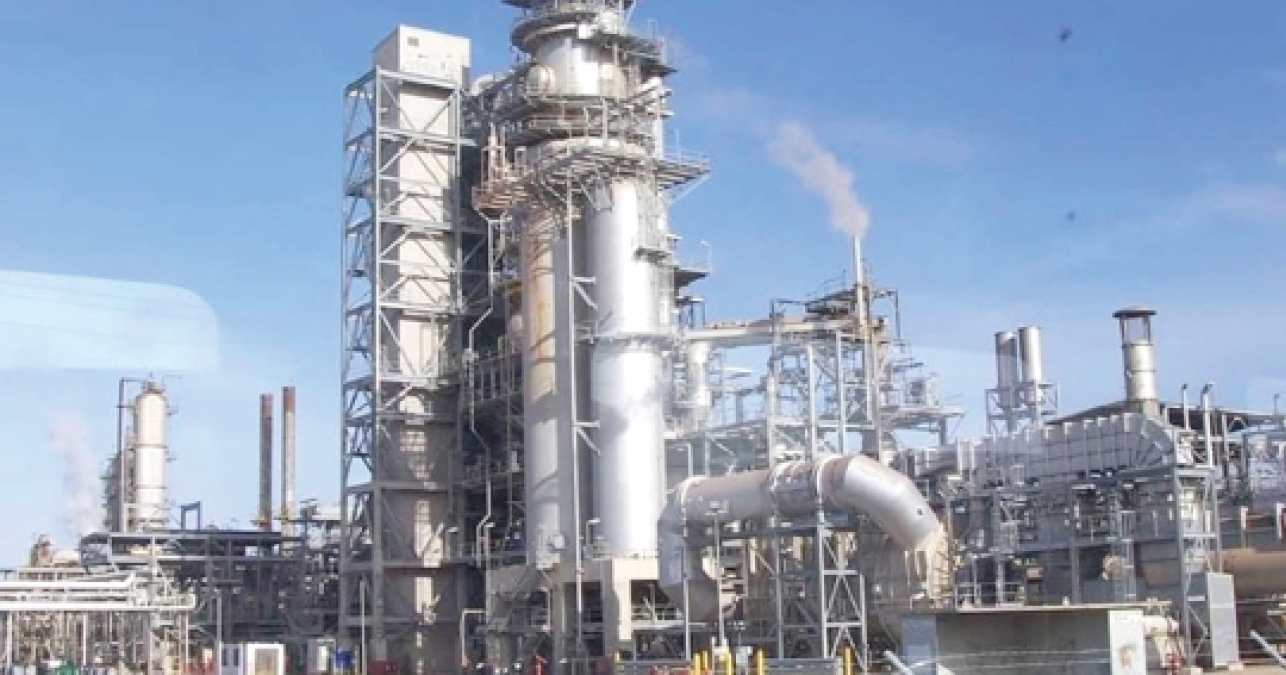We’ve supplied 30m barrels of crude to Dangote refinery –NNPCL
The Nigerian National Petroleum Company Limited (NNPCL) says it has supplied 30 million barrels of crude to the Dangote refinery so far. The Executive Vice President of NNPCL Downstream, Adedapo Segun, who disclosed this on Thursday on Arise Television, said plans were underway to supply an additional 17 million barrels to the refinery soon. He […]

Dangote Refinery
The Nigerian National Petroleum Company Limited (NNPCL) says it has supplied 30 million barrels of crude to the Dangote refinery so far.
The Executive Vice President of NNPCL Downstream, Adedapo Segun, who disclosed this on Thursday on Arise Television, said plans were underway to supply an additional 17 million barrels to the refinery soon.
He said the company would supply 6.3 million barrels of crude in September and 11.3 million barrels in October.
“We have supplied about 30 million barrels to Dangote so far—6.3 million this month, and we will supply 11.3 million in October,” Segun stated.
He stated that the development was part of the Federal Government’s decision to sell crude to local refineries, adding that the 6.3 million barrels would be delivered in seven cargoes.
- Dangote Group: NNPC has not started lifting our petrol
- Bill Gates, Dangote meet Shettima, governors at Aso Rock
“The pump price today is not reflective of the market. NNPCL is the sole importer of Premium Motor Spirit (PMS) in the country, which is abnormal. We should be moving towards a situation where the free market determines prices,” he added.
He explained that the NNPCL’s role as the sole importer of petrol was not deliberate, but rather a response to market conditions.
“Let me put it into proper perspective. NNPC is not a regulator. We didn’t choose to be the sole importer. We don’t determine who participates in the market. We stepped in when others reduced their participation. It is not about us wanting to be monopolists,” Segun stated.
According to him, achieving a stable fuel supply and price requires ideal market conditions, including a more liquid foreign exchange market.
“Market conditions need to be ideal, and there needs to be FX liquidity,” he added, suggesting that broader economic reforms may be needed to address the fuel pricing issue,” he said.
